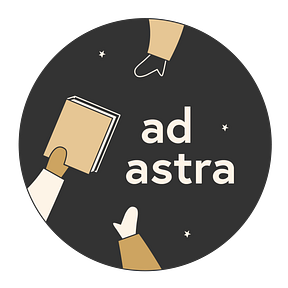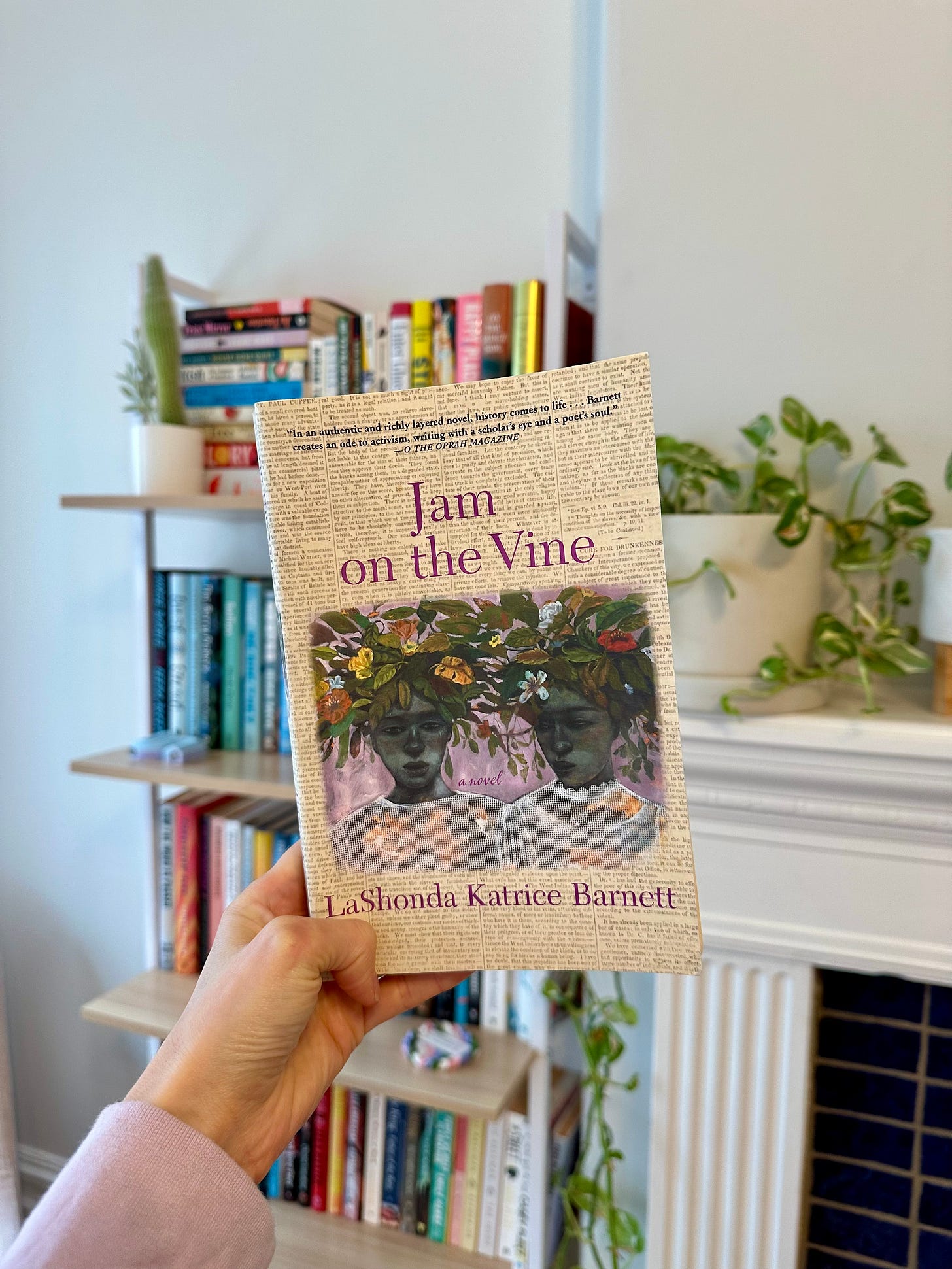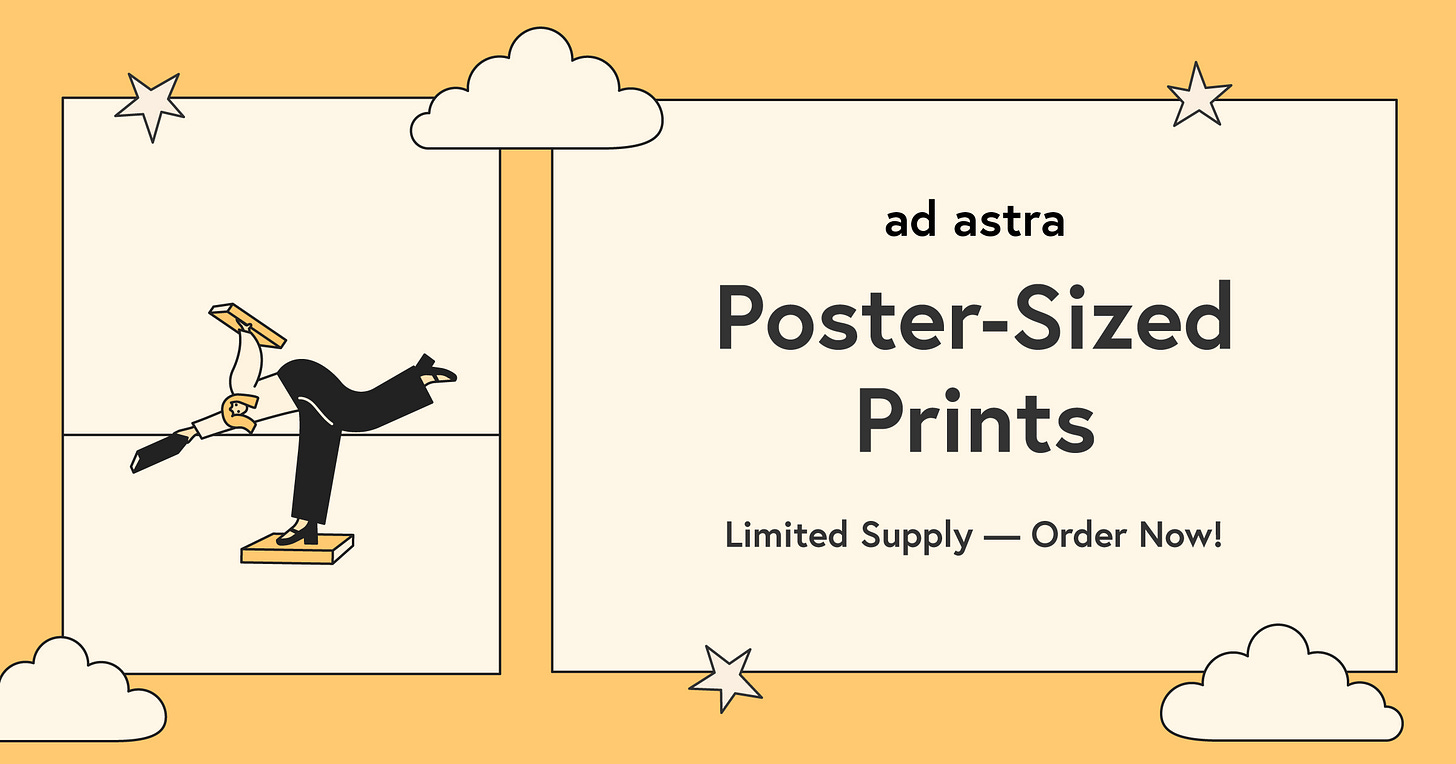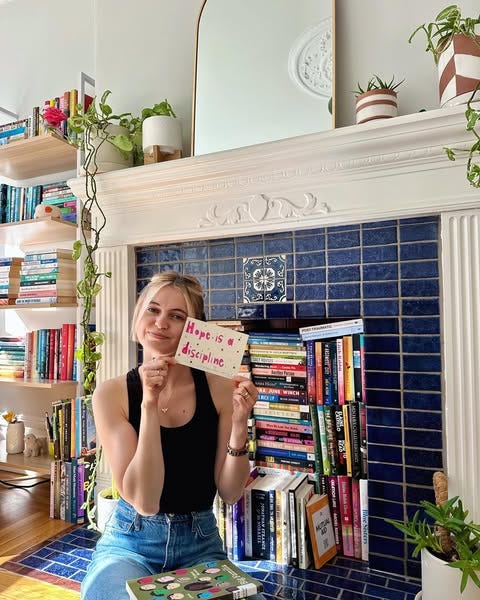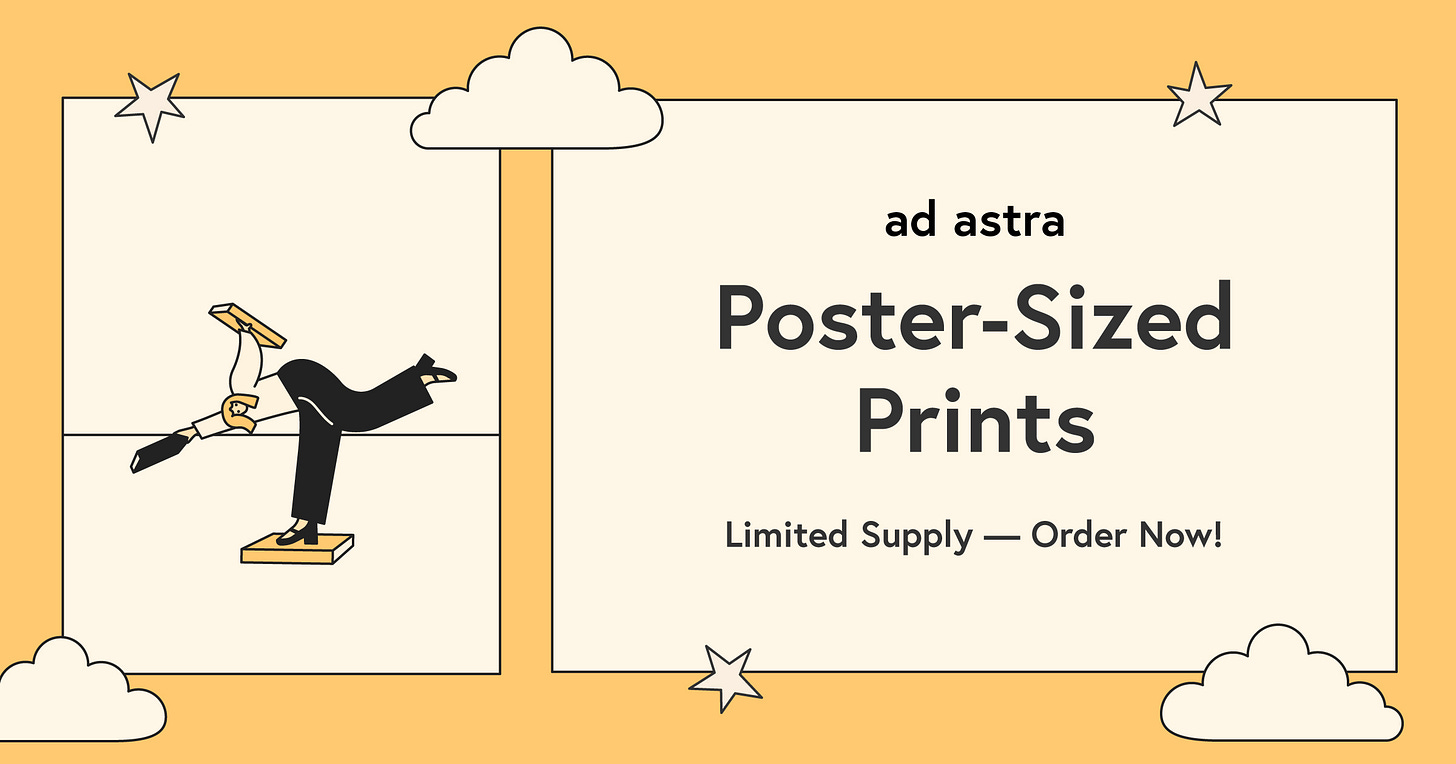Introduction
Five years ago, in the midst of Black Lives Matter protests and the pandemic, publishing houses of all sizes made long overdue promises and commitments regarding diversity, equity, and inclusion. Whether then or now, during our current political environment, are publishers continuing to uphold these promises? What progress, if any, have they made in creating a more equitable industry?
“We stand with our colleagues, authors, and the many citizens both within the world of publishing and the greater population who have mobilized in the cause of social justice and in proclaiming that yes, Black Lives Matter,” wrote Jonathan Karp, CEO of Simon & Schuster, in June 2020. Since its conception, the Black Lives Matter movement has resulted in racist and otherwise derogatory harassment of everyday people and activists, and seeing the largest publishers, like Simon & Schuster reply in this way was not only long overdue and surprising, but also questionable. Why now, after BLM has been around for years? After centuries of racism being deeply entrenched in our society and publishing efforts? But, more importantly, what were publishers going to do to turn these words into actions and foundations of change?
We’ve been curious about their promises ever since, watching as some resulted in progress and others proved to be empty statements. And in the past two years, amidst heightened book bans, attacks on trans rights, the genocide of Gazans, new legislation, and administration changes, many—but not all—have once again proven that corporations will always be soulless, capitalist-driven entities.
In this newsletter, we’re looking at where publishing companies have fallen short, and where they’ve created change for the better—because focusing on the good, as we mentioned last month, is important. We’re also sharing ways readers can continue to hold publishers accountable.
A Deeper Look
Note: For this newsletter, we’re pulling on a few articles from The New York Times and PEN America. We do not endorse either of these organizations, due to their problematic reporting around trans rights and Palestine. We encourage you to read more about these failures: “The New York Times’ Bias Continues to Endanger Transgender People,” “Coverage of Gaza War in the New York Times and Other Major Newspapers Heavily Favored Israel, Analysis Shows,” and “Down with PEN America.”
“Each of the Big Five publicly voiced support for Black Lives Matter and articulated new company principles about racial equity and justice. PRH promised to ‘stand against racism and violence toward the Black community’ and to ‘commit to listening—to our readers, to our authors, and to our teams—as we work toward becoming part of the change.’ HarperCollins Publishers pledged to ‘stand with all of our colleagues, authors, readers, and partners who experience racism and oppression.’ Hachette declared that it would ‘support Black writers, readers and people of color by sharing their stories and experiences in many of the books we publish.’ Macmillan released a statement against racism, canceled internal meetings for a day in June to allow for discussions, added Juneteenth as a company-wide holiday, and offered a double matching program for donations to racial justice causes that led to over $400,000 being donated to groups including the Black Lives Matter Global Network. Simon & Schuster announced that it was ‘committed to working with our employees, authors and the publishing community to make our company and our industry a safe and inclusive environment for all, and a publisher of works that represent the breadth and depth of our diverse population.’”
In a 2023 report by PEN America, the organization looked at promises Big Five publishers made, and whether or not they’ve upheld them. According to their findings, as of 2023, many of these publishers had introduced efforts such as professional DEI officers, the collection of employee and author demographics, and more. (Penguin Random House “scored” the highest, answering “yes” to nine out of ten benchmark questions. Macmillan scored the lowest with three.)
There are a few key signs of progress important to highlight:
PRH shares its employee demographics publicly, as well as their benchmark targets. This helps them, as well as us readers, hold the company accountable. (They also are one of the only companies to have shared collected author data externally, as well.)
And while most publishing companies aren’t unionized, particularly within the Big Five, the HarperCollins Union has done tremendous work pushing for increased salaries and commitments to DEI. Entry-level roles, in particular, are essential for creating the foundations of a pipeline and employee retention. And, in recent years, larger publishers have started paying interns…which seems like common sense, but took far too long for them to initiate.
We also can’t talk about commitments to equity without mentioning book bans, as these primarily impact LGBTQIA+ and BIPOC authors. Penguin Random House is one of the most involved in the fight against book bans; they’ve hired a Public Policy Manager to lead the charge, and are taking legal action. And representatives from across the industry—publishers, agencies, foundations, etc.—are working together to fight these bans strategically (although not every Big Five publisher participates).
That all being said, there’s much more publishing has to do—particularly when it comes to actual investment in employees and authors. For publishing to truly change, the industry has to go through a revolution, something we’ve written at length about in the past. The industry must diversify at every level (not just entry roles), increase pay, and alter its current advance structures for authors.
According to Lee and Low’s 2023 Diversity Baseline Survey, (very) modest change has been made in terms of diversity in the industry—but it’s a far cry from what publishers promised. The HarperCollins Union has done incredible work to push for higher starting salaries. And, also, publishers are still not paying living wages. While some employees (read: white middle to upper class individuals) may be able to rely on generational wealth to afford living in New York City on a $50,000/year salary, most employees cannot. Lee and Low’s report also shows that intern demographics have shifted, which is a start…but interns aren’t full time employees with benefits. And the industry has never had a strong system for entry-level promotion or for bringing interns on full time (assistants are notoriously underpaid and overworked).
Diversity in employee composition is important for a number of reasons, but especially at the executive level—where it's severely lacking. These are folks making decisions about who will get a publishing deal, advance terms, marketing support, etc. “If a white person puts their stamp on a Black book, it suddenly becomes more valuable,” said Tracy Sherrod, a former editor at Amistad and Little Brown. “It’s assumed that Black editors don’t know white books and white publishing, but we do, because what do you think we’ve been reading all these years?”
The lack of diversity in publishing is as apparent as ever—especially during an increase in power for the far-right, an ongoing genocide of Palestinians in Gaza, and an expansion of fascism’s hold. We have seen a number of companies throw ‘commitments’ to DEI out the window; these ‘commitments’ were clearly voiced to pander to consumers, not something entrenched in their values. And publishing has not been immune. Notably, Sherrod was laid off in 2024 from Hachette, around the same time other publishers, including PRH, laid off Black women (including a few hired shortly after their original promises were made in 2020). And earlier, in 2022, we saw a mass exodus of employees across publishing—a large number of whom were women of color. Not only do these firings and walkouts suggest empty promises, but also point again to the very real problem of publishing’s (lack of) investment in employee retention and nurturement.
But beyond a lack of investment in employees and diversifying their ranks, where have publishers failed us readers?
In 2023, Scholastic—which is not one of the Big Five, but a powerful publisher nonetheless—began to allow schools to “opt out” from including Black and LGBTQIA+ authored books in their book fairs, an offer they reversed after backlash. But weeks ago, they promoted the woman behind the effort to Executive Vice President and President of their new School Reading Events decision, according to employees that wrote in to @xoxopublishinggg. Author and publishing employee Zakiya Jamal has shared other ways Scholastic has rolled back their commitments, and a quick scroll through their Instagram shows the same—no posts about Juneteenth or Pride, for example.
Just days after Trump was elected, Hachette announced a new imprint, Basic Liberty, led by a senior advisor to the organization behind Project 2025. And HarperCollins was the only Big Five member to not sign onto a letter calling on Congress to restore funding to the Institute of Museum and Library Services—even after many called them out, signed petitions, etc. A VP of marketing at Macmillan posted in support of Trump on social media—an individual who oversees marketing decisions for books that face threats from his administration—and the company quietly distanced themselves from the post (although we have been told this employee may have been let go more recently). Nor did the company acknowledge Juneteenth on social media. (Social media, to be clear, is often performative—but in a world that is largely performative and even performative actions are being censored or avoided, every form of defiance is important.)
“After all of this hoopla, after all of this self-education, I worry that we’re going to wake up and be exactly where we were before any of this happened,” Erroll Mcdonald, a Vice President and Executive Editor at PRH’s Knopf imprint, told The New York Times in July 2020. And in a 2024 follow up: “Publishers went out of their way to embrace diversity, equity and inclusion practices, but that intensity seems to be on the wane these days. Despite all the talk of imminent change, that the industry was going through a revolution and it would look completely different in five or 10 years, that has proven not to be true.”
Mcdonald was largely correct.
Ways to Respond
How can we keep holding publishers accountable?
As readers, creators, booksellers, publishing employees, and more, these companies rely on us for sales.
Continue to support publishing unions. We’re seeing more publishers, particularly indie and academic presses, unionize. Follow @xoxopublishinggg on Instagram—they often spotlight new unions in their Stories (as well as other publishing updates).
Demand publishers release workplace data annually. When they share this information publicly, we are able to better hold them accountable. And, an increase in diversity of staff will lead to an increase in diversity of authors and on-page representation.
Speak out when publishers announce problematic deals or courses of action. Back in 2023, Atria announced a coloring book based on Colleen Hoover’s It Ends With Us. Readers, understandably, were upset with this romanticization of a story about abuse. After backlash, the company announced they’d not be releasing the book. Sign any petitions, amplify issues, and email publishers directly and express your frustration and disappointment.
Support the publishers/imprints that are committed. Often, these are independent presses. These publishers know diversity, equity, and inclusion are not trends, nor something to simply profit off. We are huge fans of the following:
Interlink Press: This Palestinian-owned publisher is committed to upholding BDS and continues to advocate for a free Palestine.
Haymarket: In addition to continuously making timely books available for free, this nonprofit publisher aims to publish books and host events that contribute to struggles for social and economic justice.
Gloo Books: Founded to make children's books more inclusive, Gloo believes books are portals to new worlds, mirrors of self-love, and tools for empowerment.
Arsenal Pulp Press: This small publisher is "interested in literature that engages and challenges readers, and which asks probing questions about the world around us."
Lee and Low: This family-run, independent, and certified 100% Minority Owned Business conceptualized and oversees the Lee and Low Diversity Baseline Survey, which monitors diversity across the publishing industry."
Join strategic boycotts. Often organized by publishing employees (another reason to follow union accounts), these boycotts can help pressure publishers into acknowledging harm and making concrete changes.
Advocate for authors and writers, especially those that are often underrepresented in and excluded by publishing. Read and amplify their stories, newsletters, social posts, etc. We can also support the content creators and bookstores uplifting these authors, too.
On top of all this, stay in the know and stay aware. Look at what publishers are sharing. Marketing is surface level, often, but clues us into who they are publishing and advances/sales (a higher advance = more marketing support, which often equates to more sales). Subscribe to publishing newsletters—like Publishers Weekly and Publishers Lunch—as well as organization updates from People of Color in Publishing and Latinx in Publishing. Follow employee-run accounts like @xoxopublishinggg. (We often get asked how we know so much about the industry—in addition to Olivia being a member of the publishing industry, these are all channels we follow for news/updates.)
Final Musings
Companies across all industries, not just publishing, made promises in 2020 that they’ve since thrown out the window or failed to accomplish. While we’re never surprised by publishing’s failure to invest in real change, that doesn’t mean we’re not disappointed in the lack of commitment. But, at the same time, we’re incredibly happy to see the progress that is being made, whether at indie presses, or, for example, in PRH’s commitment to fighting book bans. These efforts feel real, not symbolic or trendy.
We’ll be back in a few weeks with more. In the meantime, make sure to check out our reading-themed prints for a cause, free downloads (wallpapers, templates, and more), and our exclusive downloads for newsletter subscribers (with password newsletterdownloads). If you have any questions, comments, or concerns, don’t hesitate to get in touch via email, the comments below, or Instagram DM.
Xx,
ad astra

